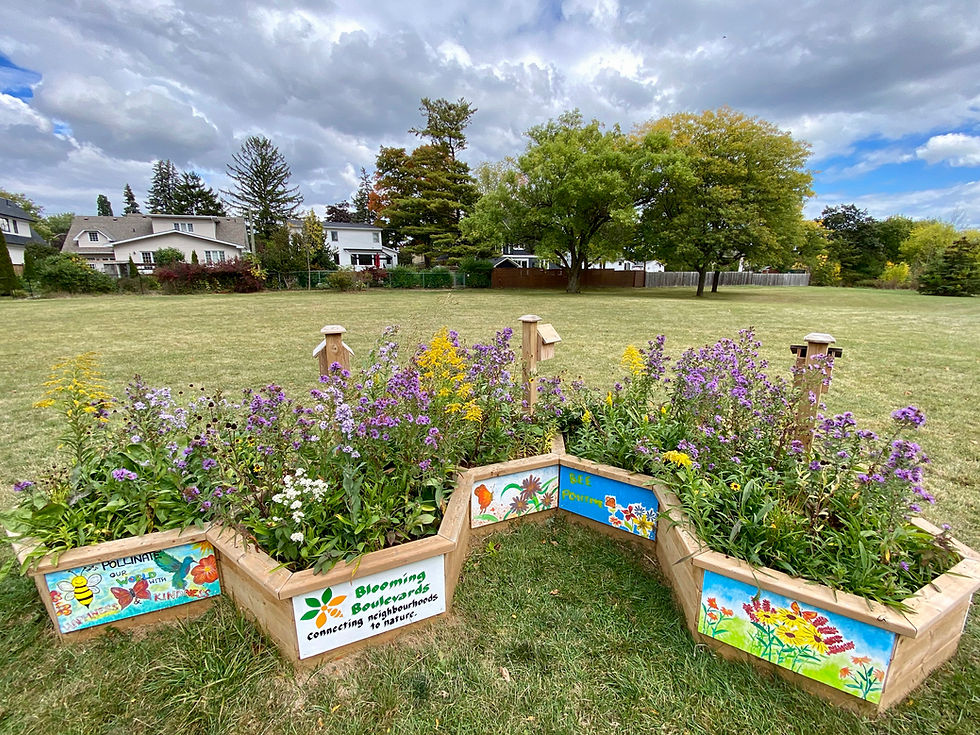Black Gold
- Jeanne McRight

- Jun 29, 2023
- 2 min read
by Jacqueline McKernan
As gardeners there are many ways we can show our appreciation and care for the environment. Choosing native plants, avoiding chemical and pesticides, leaving stalks until weather is warmer for insects and pollinators, are all among some of the simple but impactful ways we can garden responsibly. Another simple, but effective way to support the environment is to compost to create beautiful ‘black gold’ for our gardens.
There are 4 things that are needed for compost to break down; brown material (carbon), green material (nitrogen), water and air. Depending on the weather, it can take anywhere from a few weeks to months to break down into a rich soil mixture that you can use.

The Gardening Cook, Carol Speake, 2017
To start, you can use a compost bin, make your own bin or create a small pile in your yard. Layer sticks, twigs or straw on the bottom to make a base. Select your green materials such as food scraps; fruits, vegetables, tea bags, plant clippings (Chelsea chop anyone?), and egg shells and layer on top of the sticks. Place your brown materials, such as dried leaves, dried plant material, shredded newspaper, on top and continue to layer alternating green and brown materials. The ratio is three parts brown material to one part green material. Make sure the pile is slightly moist, or water lightly without saturating the materials. It is recommended turning your pile once a week to provide more oxygen and help it cook faster. When the compost pile is brown and crumbly, it is fully cooked and can be used in the garden.

Living here in Mississauga, Ontario we are still able to compost throughout the whole year, including the winter months, however the breakdown slows down during the colder weather. Towards mid-Spring our patience pays off as we are able to use the mulch in our garden beds and vegetable gardens, instead of purchasing compost to add nutrients and organic matter to the soil.
Composting can be as simple or as difficult as you would like it to be. I encourage all of us to try composting and manage it depending on what works with your lifestyle, space and time. Ultimately, compost is a low effort, high reward activity that reduces our weekly household waste by almost half, eliminates food going to the landfill and is a treat for our garden.

Jacqueline McKernan, Black Gold, May 13, 2023
Resources
How to Make Compost at Home, University of Maryland Extension. Article updated: February 14, 2023 https://extension.umd.edu/resource/how-make-compost-home
How to Make Compost BBC Gardeners' World Magazine , August, 2020 includes Monty Don clips and demos https://www.gardenersworld.com/how-to/maintain-the-garden/how-to-make-compost/









Comments